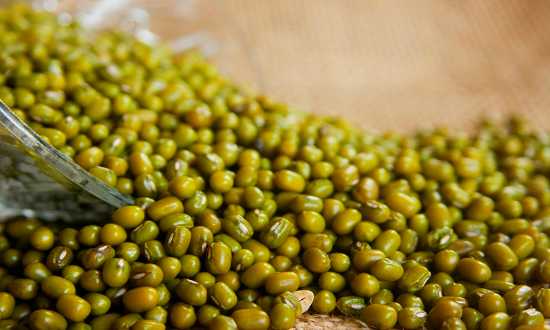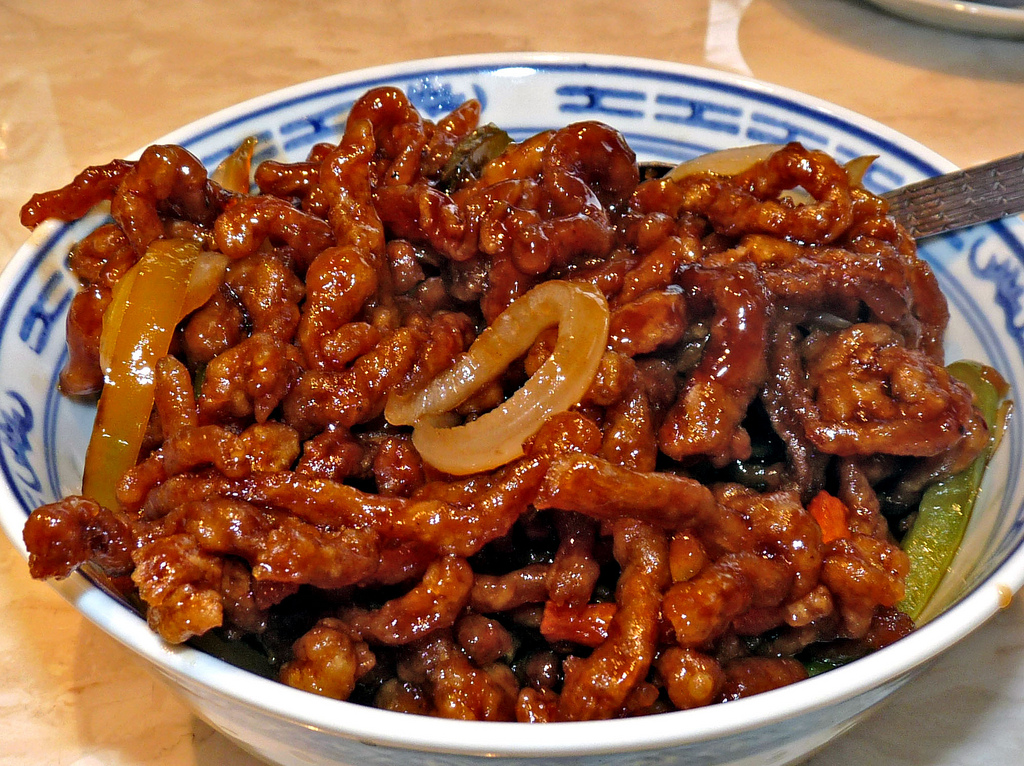Mung Beans are recognized to be a superfood because of its numerous health benefits. Although it is only in recent decades that it has grown to be a popular choice of food among health enthusiast and vegan alike, it is a very nutritious food to consider in your food selection. Mung beans are inexpensive and can be eaten as sprouts for a satisfying snack or cooked in a variety of dishes for an extra dose of protein, vitamins, and fiber. As a bonus, mung beans produce less gas than many other legumes. If you are not acquainted yet with this amazing food, there are good reasons why you should probably be eating mung beans.
Health Benefits of Mung Beans
1. Helps Lower High Blood Pressure
Mung beans nutrition include the ability to fight another significant cardiovascular disease risk factor: high blood pressure. In a 2014 study published in the Chemistry Central Journal, rats that were given mung bean sprout extracts for one month experienced significant reductions in systolic blood pressure levels.
The researchers believed that mung beans’ anti-hypertensive effects might be due to their high concentration of protein fragments known as peptides. These help to decrease constricting of blood vessels that raises blood pressure.
2. Anti-Aging Benefits
Mung bean is a powerful anti-aging agent. Copper, the secret behind mung bean’s anti-aging property, reduces the presence of wrinkles, age spots and age lines from the skin easily. Its regular usage can make you look 10 years younger than your original age. Aging seems as a matter of concern for women who love their skin, hair, and nails. If you love your youthful look, you must switch to some mouth-tempting mung beans breakfast recipe for sure.
3. Prevents Cancer
Mung beans possess high amount of polyphenols and oligosaccharides that assist to eliminate the development of cancer. The clinical studies show that it possesses anti-tumor properties which prevent DNA damage and mutation of dangerous cells. The study which was conducted by the College of Food Science and Nutritional Engineering at the China Agricultural University reports that the antioxidants found in Mung beans possess the free radical scavenging abilities. The flavonoids such as vitexin and isovitexin reduce the oxidative stress that leads to form cancer.
4. Helps Boost Immunity
A wide range of phytonutrients is present in mung beans that are anti-inflammatory and anti-bacterial which fights harmful bacteria, viruses, colds and other diseases. It also supports a healthy balance of bacteria in digestive tract that helps in nutrient absorption and immune defense.
5. Aids Digestion
Mung beans are easy to digest unlike the other types of beans such as white beans, browns beans etc that cause bloating after consumption. Due to its high dietary fiber, this legume facilitates easy food digestion thereby promoting easy elimination of unwanted toxins and wastes from the body. If you suffer from irritable bowel syndrome (IBS) symptoms such as indigestion, bloating, constipation, heartburn, and flatulence, eat mung beans on a daily basis. But it is preferable to soak the beans in water for a couple of hours before cooking in other to gain all the benefits therein.
6. Fights Obesity and Helps with Weight Loss
Because mung beans nutrition contains high levels of fiber and protein, they are one of the most filling foods there is. In a study published in the Journal of Nutrition, researchers observed that a single meal with high-fiber beans produced a two-fold greater increase in the satiety hormone called cholecystokinin when compared to meals that didn’t contain beans. Many other studies have found similar results: Namely, that satiety significantly increases after eating beans. Therefore, regularly eating mung beans can help with reducing food intake and boosting weight loss.
7. Increases Mental Focus And Alertness
People who suffer from concentration problems and weak memory should certainly consume mung beans. Mung beans are rich in Iron, which carries oxygen in blood and supplies the same to all organs and tissues. Intake of Mung beans ensures optimum supply of oxygen to all the parts of body, including the human brain. This increases focus and sharpens your memory as well.
8. Reduce PMS
Mung beans are loaded with Vitamin B6, Vitamin B, and folate which helps to control the fluctuations of hormone that leads to PMS symptoms. These assist to reduce the severity and pain related to the PMS cramps, mood swings, headaches, muscle pains and fatigue.
Mung Beans Nutrition Facts



How To Cook
Mung beans are pretty simple to add to your diet. They cook just like quinoa and rice. Here’s how to do it:
• Rinse mung beans in cold water.
• Add one cup of mung beans to three cups of water and a pinch of salt.
• Once boiling, bring to a simmer and cover the beans.
• Cook the mung beans until tender or about 45 minutes. If they are split mung beans they will only take about 20-30 minutes to fully cook.
You can use cooked mung beans mixed with quinoa and rice, in soups and stews or as the base to casseroles. I will caution you that they can get a little bit mushy. Be sure to add enough crunch and texture in other ingredients. But I can assure you, these beans will help you to feel more vibrant, keep you full for longer periods of time and take away your cravings. Not to mention they make your hormones flow better which means everything works just a little more smoothly.
Sources & References:
draxe.com
www.stylecraze.com
www.healthbenefitstimes.com
foodtolive.com
globalfoodbook.com
en.wikipedia.org
simplerootswellness.com
image source: Pixabay









